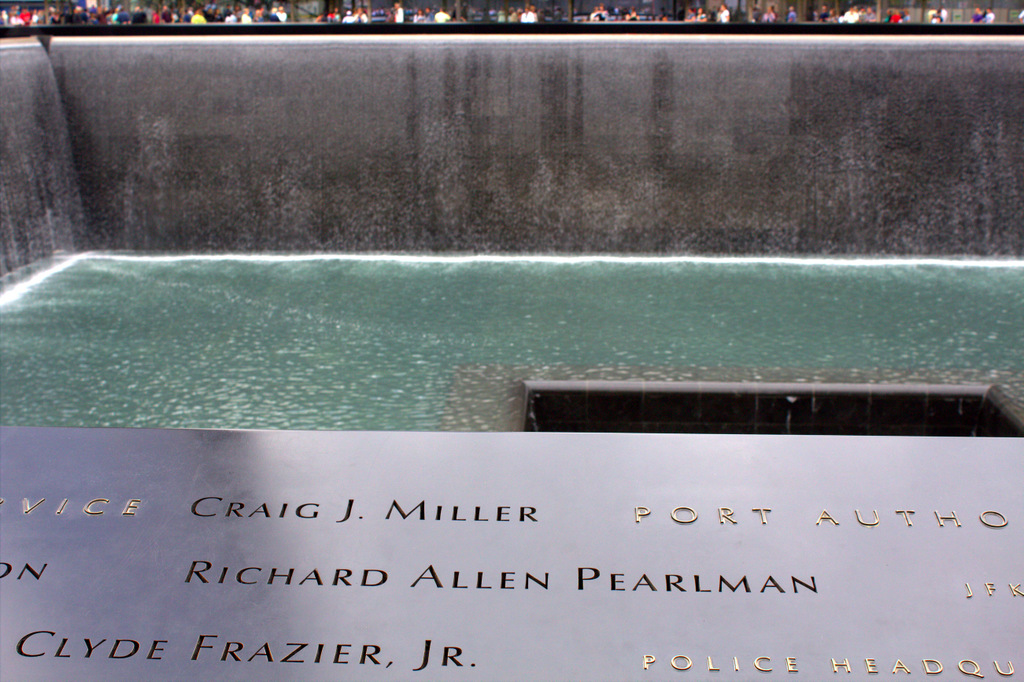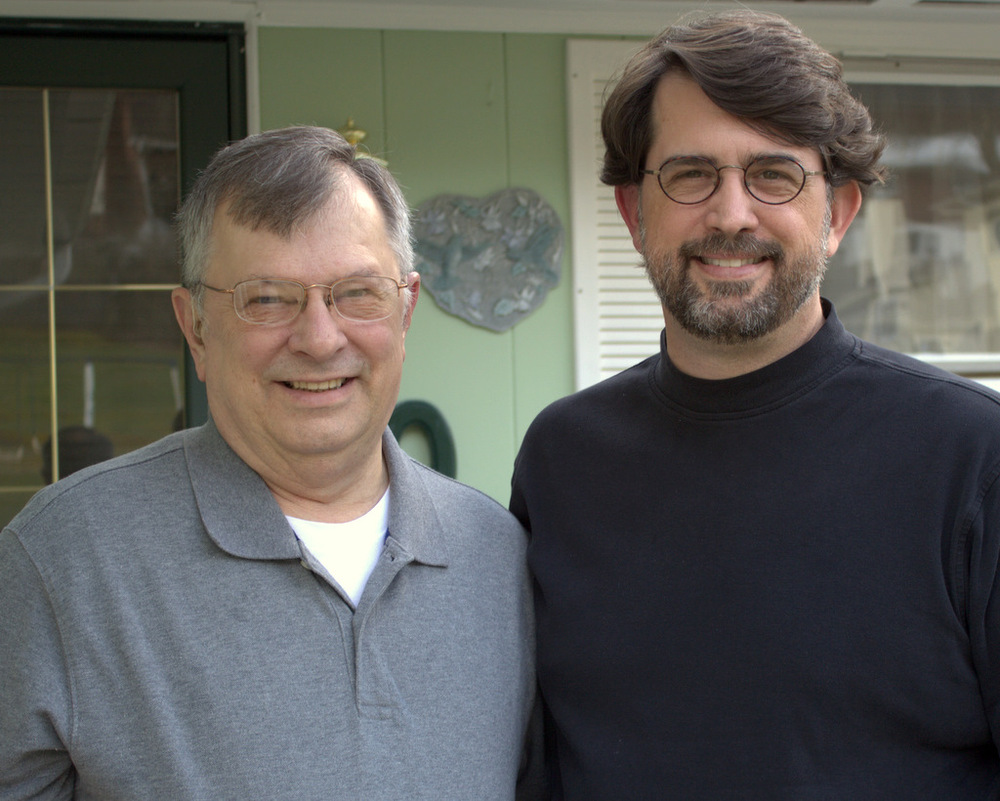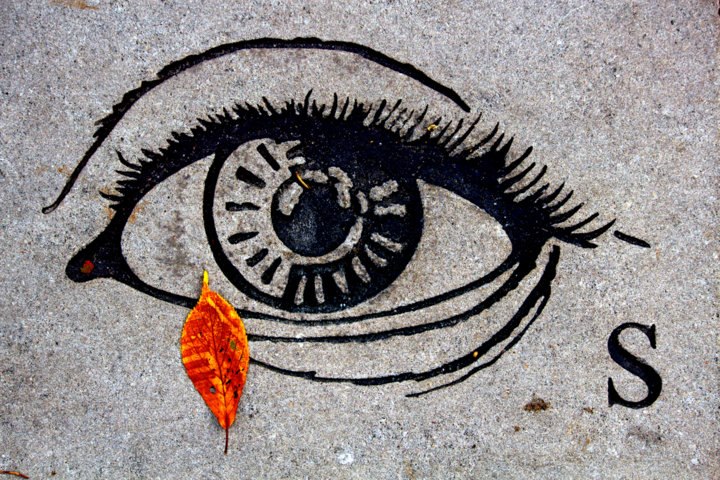We were on our way to somewhere. Traveling in a large RV through the countryside, we watched the sun dip below the horizon, and the bright greens of summer slowly become shades of black. I looked down to see the gas gauge floating at half-full, and I had not seen a gas station for miles.
Not knowing how far we were from where we were going, I turned to dad and said, “I’m going to stop at the next gas station I see to fill up. I’m a little worried about running out of gas.” Dad seemed lost in thought, but he turned to me and the familiar gaze indicated to me he hadn’t understood, or maybe had not heard what I had said.
“I’m going to stop for gas, soon,” I repeated louder. Dad nodded and smiled as if to acknowledge he had heard what I said this time.
A few miles later a white clapboard store appeared on the left. Several cars were on the lot in front, and a neon “open” sign pierced the dusk. As I got closer, I could see two old gasoline pumps in front of the store under a small canopy just large enough to protect the pumps, and maybe a customer pumping gas, from the day’s weather.
“I’m going to stop here, dad.” Dad just stared ahead and said nothing as I pulled in next to the pumps. I climbed down from the RV, opened the tank cap, pulled the hose off the pump, flipped the pump switch and began refueling.
It was dark now. The one fluorescent bulb flickering above the pumps and dim glow from the store window was barely enough light for me to see the gallon markers slowly roll by as I refilled the tank. The steady click of the pump gave way to the soft sounds of frogs and insects calling into the night. I took a deep breath and pulled in the warm, sweet air of summer in the country. There were hundreds of lightning bugs in the meadow across the road, and I wondered if I could catch enough in a jar to light my way home as I did when I was a boy.
The pump shut off with a loud click and pulled me back into the moment.
“It sure is a nice night,” I called up to dad in the RV as I replaced the hose. “The air smells so fresh and clean.” Dad didn’t respond. I was sure he hadn’t heard me.
I went into the store to pay for the gasoline, and as I was walking out, I saw dad get into the driver’s seat. I ran toward RV, calling out for him to wait. Without ever looking at me, he started the RV, pulled away from the pumps and onto the road, and then drove off in the direction we were going. As I watched him drive away, I wondered when he would remember we were traveling together.
I pulled the phone from my pocket and brought up his contact card. I’ll call his cell phone or text him, I thought before I remembered he probably wouldn’t hear his phone and if he did, he wouldn’t answer it while he was driving. I put the phone back in my pocket and looked up to find the lights at the store, and the flickering fluorescent above the pumps was off.
As my eyes to readjusted to the darkness, I noticed the night was clear and the sky was full of the brightest stars. The lightning bugs in the meadow across the road were gone, and the frogs and insects were now silent. I walked back to the store and knocked on the door.
A voice answered from the other side, “Yeah? Who is it!?”
“I’m David Harkins. I was your last customer,” I answer. “My dad just drove off without me and….”
Cutting me off the voice said, “What do you want me to do about it?”
I didn’t know. If I could only remember where we were going, maybe I could catch up with dad somehow. Or maybe I could get him a message.
“Nothing, I suppose…,” I said. I turned around, sat down on the stoop and closed my eyes. I wondered where I would sleep that night, whether dad would remember to come back for me, and how I would get home if he did not. As I thought about my situation in the silence of the night, I heard music in the distance.
The music grew gradually louder, like a car approaching with its windows down and the radio playing at its highest volume. A wave of relief flowed down my body. Dad must have remembered me! I wouldn’t be stuck tonight. I was so glad to know dad would drive again because I didn’t know where I was going! The music got louder, and when it felt in front of me, I slowly opened my eyes.
Soft morning sunlight streamed through my bedroom windows. I took a deep breath and rolled over to turn off the music now blasting from my alarm clock.
—
Happy Father’s Day, Dad. The journey’s a little different without you.









